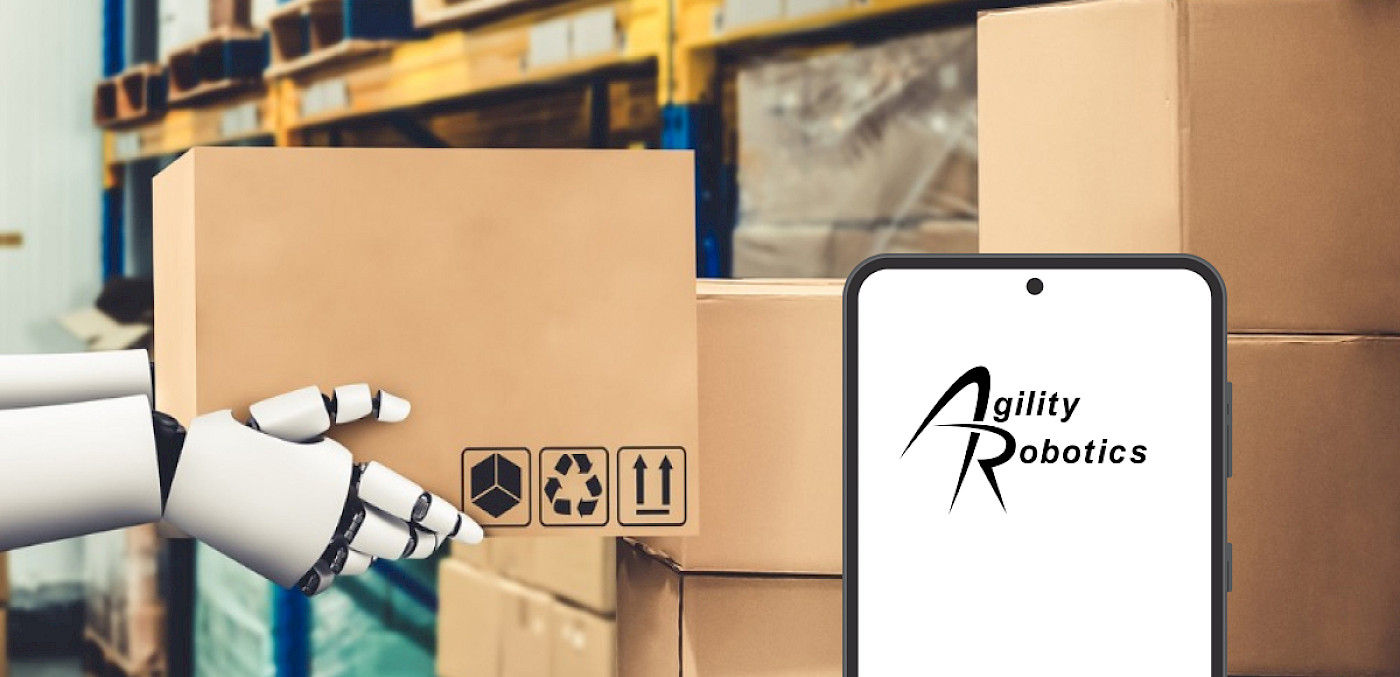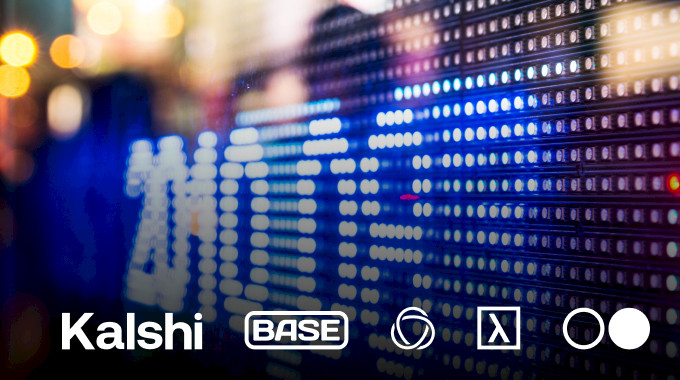In October, Agility Robotics, which makes a two-legged robot called Digit, announced that e-commerce giant Amazon would begin testing the robot at its research and development facility near Seattle. The robot, according to Agility Robotics, is the first “human-centric” robot that is being used in warehouses to lift and move boxes and perform other physical tasks.
Based on its expected lifespan, the company says that a single Digit robot costs about $10 to $12 an hour to operate, well below what Amazon warehouse workers make. But Damion Shelton, Agility Robotics’ CEO, said in a recent interview cited in a Business Insider story that the hourly costs should drop to as little as $2 to $3 plus some overhead software as production of the robots increases.
As Business Insider puts it, the latest news will certainly do little to quiet workers’ concerns that these robots will put them out of work. “But Amazon is saying that Digit is designed to work collaboratively with employees, not replace them,” the article said.
Meanwhile, a rival of Agility Robotics is questioning whether Digit’s two-legged human shape is the best design for doing warehouse work. In an interview with TechCrunch, Boston Dynamics Chief Technology Officer Aaron Saunders said that the human shape isn’t necessarily the optimal form for getting menial tasks done. Boston Dynamics has developed a robot called Stretch that moves on wheels.
“Just because humans can move boxes doesn’t mean we’re the best form factor to complete that task,” said Boston Dynamics’ Saunders in his interview. The TechCrunch article said that spokespersons for both Amazon and Agility Robotics did not respond to a request for comment sent during the weekend.
OpenAI will pay Axel Springer to use its content for ChatGPT
OpenAI has gained worldwide fame for creating ChatGPT, a chatbot that among its many features can quickly scrape the Internet to come up with well-formulated answers to myriad questions posed by its users. In doing so, the company has freely relied on news articles and other content produced by media companies around the world.
But the free ride that has frustrated many media companies is ending. Last week, OpenAI announced a deal in which it will pay Germany-based media giant Axel Springer for the first time to use news articles and other content from Axel publications which include U.S. news sites Politico and Business Insider and several European news organizations.
While the financial terms of the deal were not disclosed, The Wall Street Journal reported that “the pact is expected to generate substantial revenue for Axel Springer.”
According to the two companies’ joint release, ChatGPT users will receive summaries of selected content from various Axel Springer brands and ChatGPT answers to user questions will include both attribution and links to the full articles.
OpenAI signed a similar licensing agreement with the Associated Press in July of this year.
SumUp valued at over $8.6B after latest funding round
SumUp, the Germany-based maker of credit and debit card readers used mostly by small businesses, has received a major vote of confidence from a group of leading institutional investors.
The company announced last week that it has raised €285 million in funding led by Sixth Street Growth. Bain Capital Tech Opportunities, Fin Capital, and Liquidity Group were also part of the funding round. The funding translates to roughly $307 million. Based on the latest funding round, the company is now valued at more than $8.6 billion, according to CNBC.
According to the company’s press release, the new funding will be used to “expand SumUp’s global footprint and deliver the tools and services that small merchants need to start, run, and grow their business.”
SumUp writes that its latest funding follows a year of “accelerating momentum” for the company, which has been operating on a positive EBITDA basis since Q4 2022 “while maintaining over 30 percent top-line growth year over year.”





